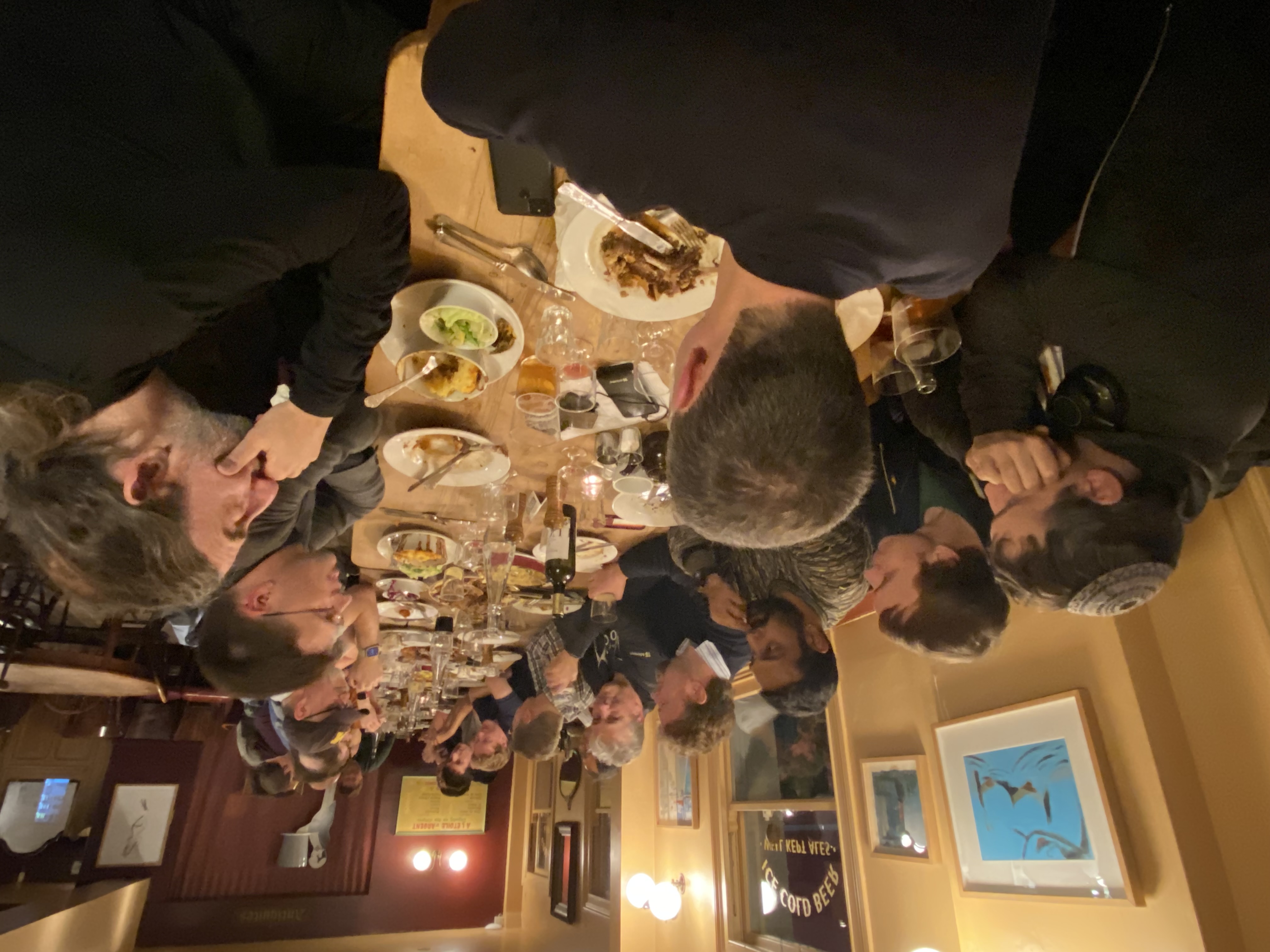After a few years' delay, the fifth HTTP Workshop was held in Oxford on 1-3 November, 2022. We met at the Blavatnik School of Government, with the venue generously sponsored by Fastly.
This years' attendance was a bit lower than in the past, due to conflicts and perhaps some lingering concerns about COVID. Still, 28 people representing many different parts of the industry -- including servers, browsers, other clients, CDNs, other intermediaries, and HTTP API experts -- were able to gather and discuss HTTP for two and a half days.
As always, our conversations ranged over experiences with HTTP as deployed, current standards work and possible future developments.
For details, see the presentations along with Daniel Stenberg's summaries of the discussion (day 1, day 2, day 3).
17 participants responded to a feedback survey. Again, they felt the workshop was a useful event, with all responses rating at 7 out of 10 or higher:
When asked what the best aspect of the workshop was, we got responses such as:
The very high signal to noise ratio. Much better than any other event I have ever attended.
To see everyone again and learn about HTTP from the people working in the trenches.
Sharing ideas and gaining insights from implementors working at the cutting edge of HTTP deployment today.
The loose structure gave a lot of room for discussion.
I really like the exploratory fashion of it and getting to learn about a lot of different networking proposals.
A lot of the right people in the same room; learning new things; a glimpse into what's going to get worked on for standards.
When we asked for the worst thing about the workshop, there was a very clear trend of concern about diversity. Holding a meeting with a few dozen men and no women raised some eyebrows in 2015; in 2022, it's nearly universally looked down upon (and that was reflected in the feedback).
The Program Committee has been aware of and trying to improve the event's diversity for many years now, without much success. One might argue that this is an industry problem: companies need to hire more women and other underrepresented groups into senior positions, so that they can come to events like this. We're not very happy with that, though, and will continue to actively look for ways to increase our diversity.
In the past, we've discussed making the Workshop larger to reach a broader audience, and to help with diversity. However, we're getting strong feedback that the format we use -- casual discussion led by the group -- won't scale well past a certain size (perhaps 40 or 45 people). Supporting a larger event would mean finding a new format and likely require additional resources that we don't currently have. So, if the Workshop returns, it will likely be in the same format and about the same size.
Many thanks again to our sponsors:
- Fastly - Workshop venue
- Cloudflare - refreshments
Workshop attendees in 2022 were:
- Alan Frindell, Meta
- Anne van Kesteren, Apple
- Asad Sajjad Ahmed, Varnish Software
- Asbjørn Ulsberg, PayEx
- Cory Benfield, Apple
- Craig Taylor, Apple
- Dan Stahr, Google
- Daniel Stenberg, WolfSSL
- Darrel Miller, Microsoft
- Eric Kinnear, Apple
- Hooman Besheti, Fastly
- Jana Iyengar, Fastly
- Jonathan Hoyland, Cloudflare
- Leif Hedstrom, Apple
- Lucas Pardue, Cloudflare
- Mark Nottingham, Cloudflare / Program Committee
- Mark Thomas, Apache Software Foundation / VMware
- Marten Seemann, Protocol Labs
- Martin Blix Grydeland, Varnish Software
- Martin Thomson, Mozilla / Program Committee
- Maximilian Hils, mitmproxy
- Mike Bishop, Akamai
- Nils Goroll, UPLEX / varnish-cache maintainer
- Roy Fielding, Adobe / Program Committee
- Sebastian Poreba, Google
- Travis Langston, Apple
- Wenbo Zhu , Google
- Yuri Schimke, Google

